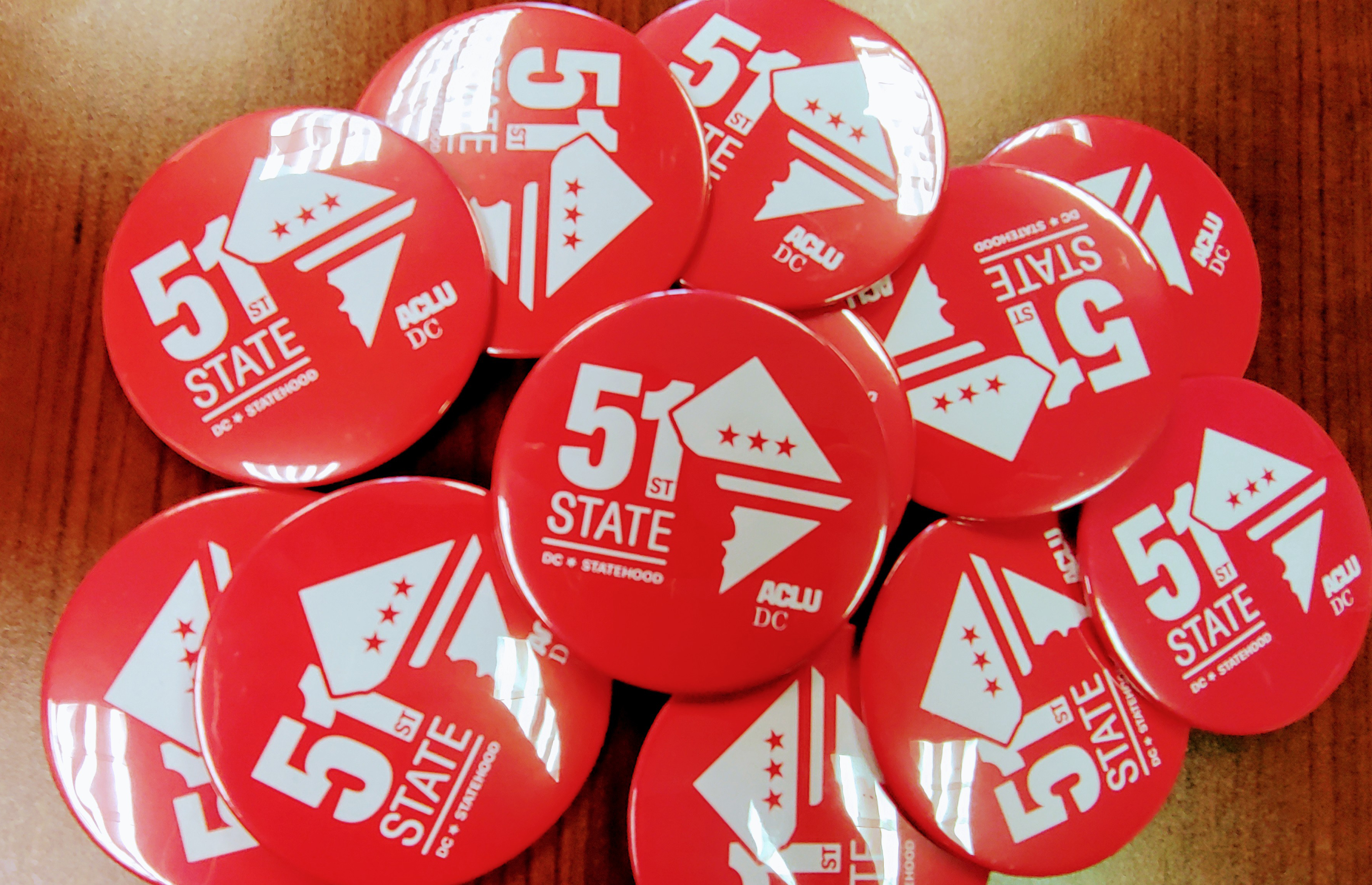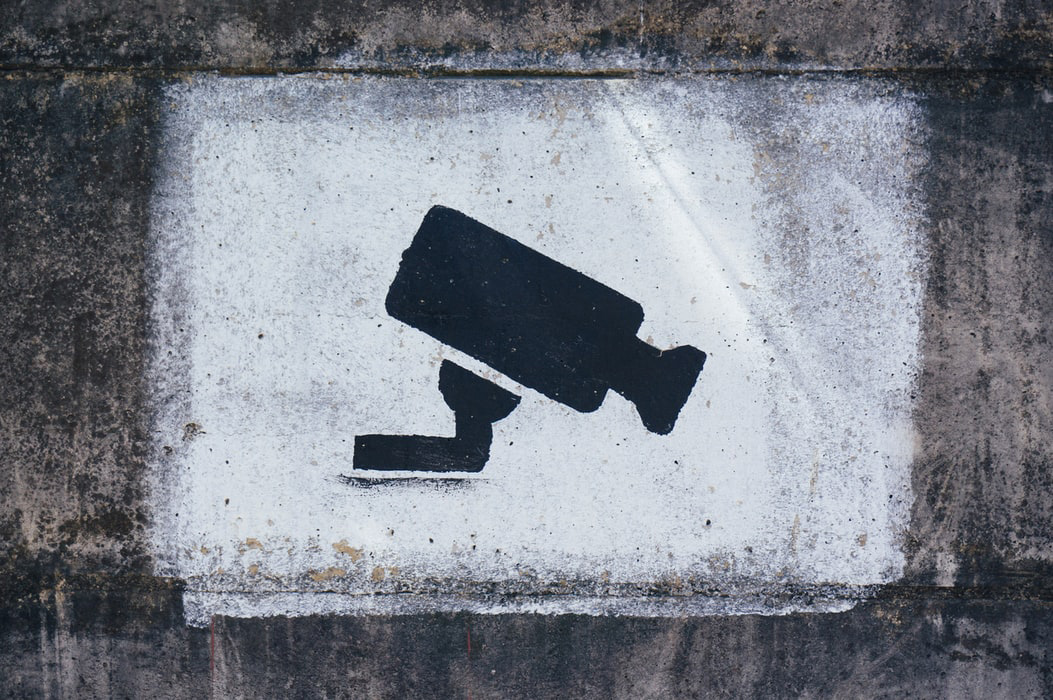On April 14, a committee of the U.S. House of Representatives will vote to advance legislation to turn D.C. into the 51st state. It's only the second time that a bill for D.C. statehood has reached this stage in the congressional legislative process since 1993, and is yet another sign of the growing national attention and momentum for D.C. statehood.
Nationwide, a recent survey from DATA for Progress shows a majority (54 percent) of Americans support statehood, a marked increase from prior years. In Congress, the legislation to turn D.C. into a state already has 215 co-sponsors in the House and 42 co-sponsors in the Senate. Across the country, state legislators in Alabama, Hawaii, Illinois, Maryland, Missouri, Rhode Island, and Vermont have introduced resolutions in support of D.C. statehood, which demonstrates an important increase in the kind of nationwide support we need to make D.C. statehood a reality.
In March, the ACLU-DC and national ACLU submitted congressional testimony in favor of statehood. In our testimony, we describe how the COVID-19 pandemic, protests in D.C. after the killing of George Floyd, and the insurrection attempt at the U.S. Capitol all highlighted how the lack of state rights continue to cause serious harm to the health and safety of D.C. residents. We also reminded lawmakers of Congress' racist intent by denying local autonomy to the people of the District after the Civil War.
Opponents of D.C. statehood continue to provide an array of ridiculous and weak rationales to deny D.C. residents our full rights. During a House Committee on Oversight and Reform hearing on March 22, U.S. Rep. Jody Hice (R-Ga.) stated that D.C. does not deserve to become a state because it "would be the only state in America without a car dealership, without a landfill." Zack Smith of the Heritage Foundation said that D.C. residents don't need voting representation in Congress because we can put yard signs up on our lawns to influence lawmakers' votes. Last we checked, a yard sign wasn't equal to representation in a representational democracy.
These embarrassing arguments add to the bizarre case made by Sen. Tom Cotton (R-Ar.) last year, who said that D.C. residents can't have statehood because not enough people in D.C. work in jobs like mining and logging. Last we checked, there were no mentions of car dealerships, landfills, yard signs, mining, or logging jobs listed as requirements for statehood in the U.S. Constitution. (It should also be noted that D.C. does, in fact, have several car dealerships.)
After the committee vote on April 14, we expect to see the bill move on to a full floor vote in the U.S. House of Representatives, and start making its way through the U.S. Senate as well. We will keep you posted throughout.
We can't win D.C. statehood without nationwide support. The hearing vote on April 14 is a great moment to remind your friends and family across the country to urge their members of Congress that supporting D.C. statehood is important to them and essential in the fight for full and equal voting rights for all Americans.
Voting is among the most fundamental of civil rights. The ongoing denial of local autonomy over our laws, full control over our criminal justice system, and full voting rights to the 712,000 residents of D.C., the majority of whom are Black and Brown, is an egregious example of ongoing voter suppression happening in our country today.
ACLU-DC will continue our campaign alongside D.C. residents, local organizational partners, and ACLU affiliates across the country to correct this historical wrong and achieve full voting rights for all residents of D.C.
Date
Friday, April 9, 2021 - 1:45pmFeatured image

